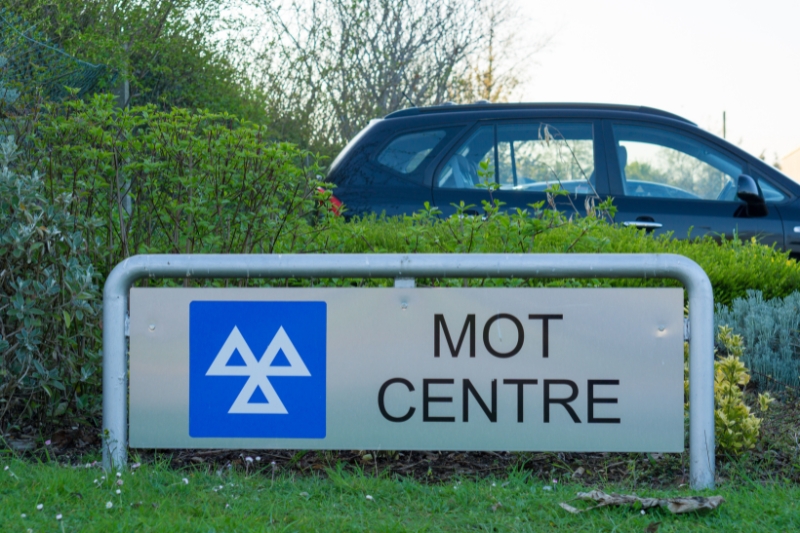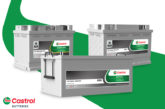
We hear from the IGA about their recent request to the transport secretary to raise the MOT fee cap, which hasn’t changed in 14 years.
The Independent Garage Association has urged the UK government to address the stagnant MOT fee cap, which has remained unchanged for over 14 years. In a letter to the former transport secretary Louise Haigh MP, the IGA highlighted how the frozen fee has compounded financial pressures on garages, particularly with rising inflation and additional burdens from recent government initiatives, particularly Rachel Reeves’ recent autumn budget. The IGA is now engaging with Haigh’s successor, Heidi Alexander MP, along with Lilian Greenwood MP, the minister for the future of roads, to secure the opportunity to meet and discuss this situation.
Director of the IGA, Jonathan Douglass, expressed concerns that some garages had already indicated that they would have to carefully consider the return on investment from all areas of the business to ensure maximum yield. With increasing costs across the business landscape, many garages are reevaluating how they allocate workspace, in some instances prioritising more profitable services. The knock-on effect of the unchanged MOT fee cap forces businesses to assess how to maximise their facilities, and in some cases further challenging the financial viability of MOT testing. The MOT fee is acting as a catalyst for some garage owners to consider the business impact of imposed costs over the last 14 years and how best to mitigate against its impact. “MOT tests are essential for ensuring vehicle safety and good air quality,” Douglass said. “But the imposed financial pressures on garages could risk undermining their capacity to deliver this vital service.”
Retaining competitiveness
Operating in a highly competitive market, independent garages face tough choices. It is not always possible to pass increased business costs on to the consumer, leaving the business owner to absorb the increased costs. The IGA warns that without constructive dialogue, circumstances appear to be pushing some garage owners to deprioritise MOT testing, potentially jeopardising road safety. “If the fee remains unchanged, some garages may struggle to keep MOT testing as a core service,” Douglass explained.
A potential decline in the provision of MOT services could lead to longer wait times for motorists, more untested vehicles on the road, and compromised vehicle safety standards. MOT tests are crucial for maintaining the UK’s position as one of the safest countries worldwide for motorists, making the availability of MOT tests a cornerstone of the UK’s motoring infrastructure.
The stagnant fee cap, when added to other significant layers of imposed costs that garage businesses are trying to absorb, also impacts many garages’ ability to recruit and train skilled technicians. With the increasing complexity of modern vehicles, garages must invest in advanced tools, equipment, and workforce development to keep pace with evolving technology. However, financial constraints from every angle could hinder these investments.
Without change, independent garages risk falling behind in maintaining safety and environmental standards, along with contributing to the wider agenda for transport to move to EV powertrains.
Government must act
Jonathan Douglass concluded by calling for a meeting with the transport secretary and the minister for the future of roads to explore practical solutions. The IGA remains committed to collaborating with the government to ensure independent garages can sustain their services while supporting road safety and environmental goals.
“Our aim is to help garages continue providing essential MOT services while aligning with the UK’s broader motoring needs,” Douglass said, “The IGA’s push for a fee cap review is symbolic of the need for a sustainable solution to support these vital businesses without compromising public safety or quality.”









